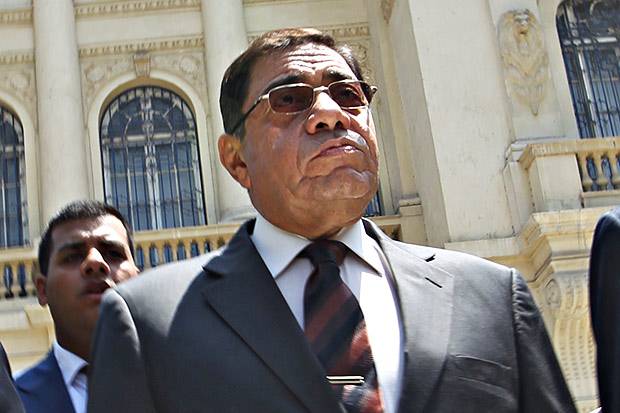The United Nations (UN) World Food Programme (WFP), and the UN Entity for Gender Equality and the Empowerment of Women (UN Women) are supporting local efforts to enhance the quality of information on women, and food security issues, on the Arabic Wikipedia version, through an innovative workshop for university students, in partnership with Assiut University.
Over 200 students from various universities across Upper Egypt participated in the ‘edit-a-thon’ at Assiut University last week, receiving training on editing, as well as writing well-sourced Arabic content on gender, food security, and hunger issues, for the free online encyclopaedia.
The workshop, HerStory-ZeroHunger, was made possible thanks to a generous contribution from Global Affairs Canada.
“HerStory was a great chance for me, and many other women, to highlight issues that affect our daily lives, and the numerous challenges we face living in Upper Egypt,” said Maha Ahmed, one of the participants in the edit-a-thon.
“Articles related to women represent only 4.2% of all articles on Arabic Wikipedia, compared to 15% on the global website,” said UN Women Gender Specialist in Egypt Gielan El-Messiri, adding further, “this event addresses the knowledge gap on gender issues on Wikipedia, which is the sixth most-visited website on the internet with nearly two million sites linking to it.”
During the event, volunteers submitted to Wikipedia for reviewing and posting more than 1,000 articles.
“Empowering women is key to community development, and hence in Egypt we prioritise girls in our school meals programme. In our livelihood projects, most of our participants are mothers,” said WFP Representative and Country Director in Egypt Menghestab Haile.
HerStory is a youth-led initiative the UN Women Regional Office for the Arab States launched in 2016 to increase the number of articles focusing on women on Wikipedia. It aims to address the absence or minimisation in historical records of women, and the key roles they have played in history, politics, science, technology, leadership, and religion.



